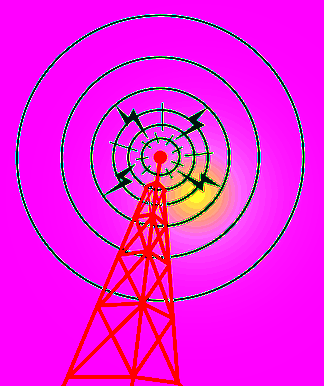3G wind-down prepared
 Telstra, Optus, and Vodafone are set to phase out their ageing 3G networks.
Telstra, Optus, and Vodafone are set to phase out their ageing 3G networks.
In a process slated to commence in December this year, the three major telcos have decided to kill off the network, even though it is still used by many devices.
The 3G network, introduced back in 2003, was once a trailblazing leap in data and network speeds.
Two decades later, the industry has since embraced the superior 4G and 5G standards, rendering many devices incompatible with 3G's impending demise.
Nevertheless, some individuals, especially in remote and regional areas, still heavily rely on the ageing network.
While mobile phones will be the most commonly affected, the 3G sunset extends its reach to a plethora of other gadgets.
Medical-alert technology, baby monitors, EFTPOS machines, and farming equipment all tether to the 3G network.
One challenge lies in communicating this shift to certain demographics. Some companies say they are finding it arduous to inform many of their older and less tech-savvy clients about the impending change.
The shutdown process kicks off on December 15, with Vodafone taking the lead, followed by Telstra on June 30, 2024, and Optus in September of the same year.
The 3G network's retirement is a nationwide event, affecting all corners of Australia. Telstra intends to extend its 4G coverage to surpass the current 3G footprint by the time of network decommissioning.
Unfortunately, not all 3G devices will retain the capability to dial triple-0 (Australia's emergency services number).
Telstra has issued a stark warning that devices unable to access the 4G network will lose the ability to make emergency calls.
If another provider in the area still operates a 3G network, there's no guarantee that calls will connect.







 Print
Print